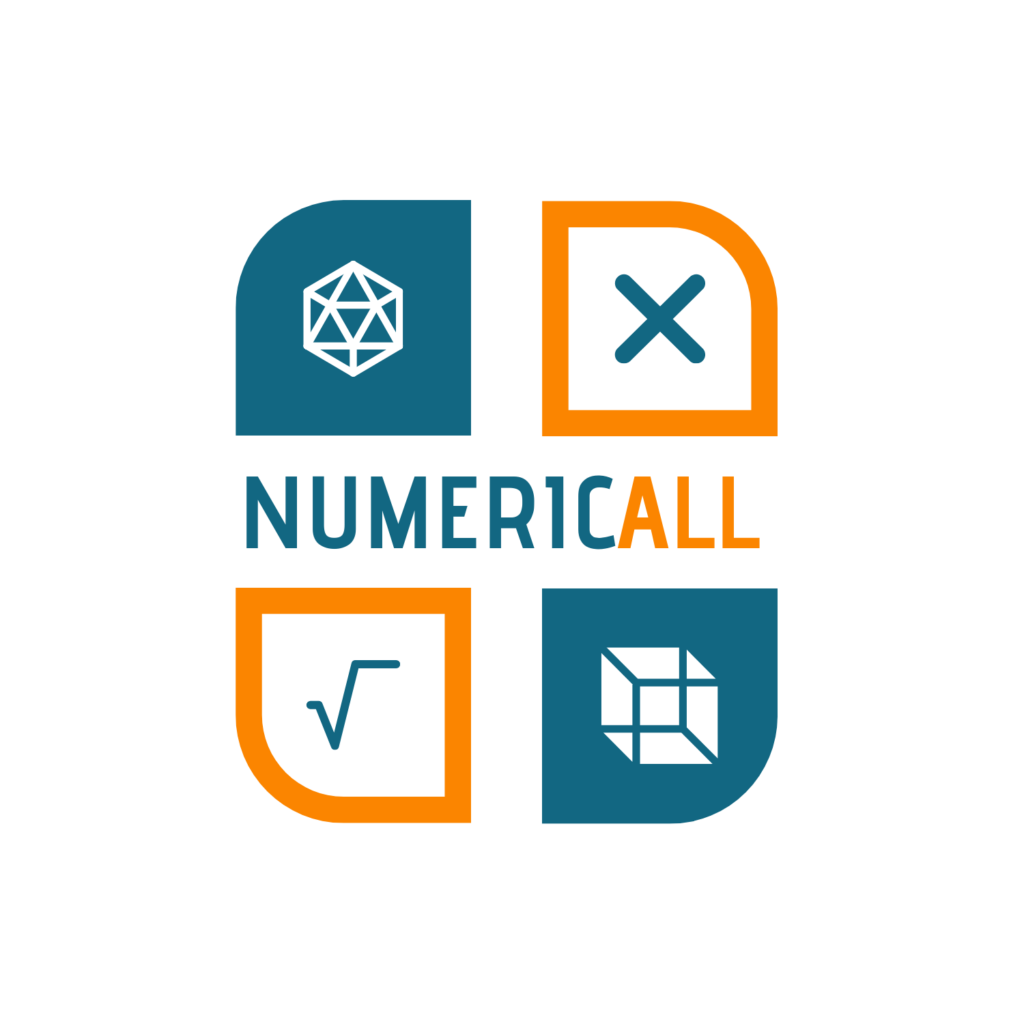The progress in creating Numeric[All]’s Methodological Guide and our aspirations for its impact
We are proud to share that Numeric[All] is progressing and that we remain committed to updating you on this progress. The first project result of Numeric[All], which is the Methodological Guide on the use of museum methodologies based on adult learners’ needs, is already underway!
Our journey towards completing the Guide
The Numeric[All] Methodological Guide is a guidebook for members of adult learning institutions and lifelong learning centres, on the qualitative characteristics and behavioural traits of the illiterate adult population in the consortium’s nations of Cyprus, Belgium, Spain, Greece and Portugal. We have strived to create this valuable guide which will address adults’ learning curves, especially for those with migrant/refugee backgrounds, Specific Learning Disorders (SLDs) and other forms of disabilities. In general, the guide provides a strong foundation of mathematics museum methodologies and establishes these as effective educational tools based on experiential and transformative learning.
Based on the empirical data collected from lifelong learning educators and other professionals in adult education from the countries above, we are confident that non-formal mathematics education can offer invaluable opportunities for the acquisition and development of numeracy, literacy, and transversal skills for adult learners. Numeric[All]’s consortium includes organisations highly sensitised toward the barriers experienced by adults with literacy and numeracy difficulties. Our efforts have also been reinforced after identifying the educational and policy gaps perpetuating inequalities towards illiterate adults’ education in the partner countries.
Moreover, our interactions with five European Mathematics Museums experts have provided us with a collection of pedagogical and methodological approaches to satisfy the prerequisites of adult learners with low proficiency in numeracy and literacy. The collection of data from diverse groups of experts and extensive research has shaped our content creation criteria to be used for our next project result, which is the gamified mobile museum. This content will facilitate the creation of diverse, inclusive non-formal mathematical education tools of both theoretical and practical methods.
The creation process of Numeric[All]’s Methodological Guide has already moved beyond the project partners’ collection and analysis of empirical data.

What you can expect in the next few months
Numeric[All]’s consortium has agreed to cooperate throughout the project, and the methodological guide is no exception. We intend to continue working together to create a project result that is aesthetically pleasing and inclusive of adults with migrant/refugee backgrounds, SLDs, and other forms of disabilities. Therefore, our guide will be translated in the four languages of Greek, French, Spanish and Portuguese. These versions of the methodological guide, along with the original in English, will be published on Numeric[All]’s website by August 2022.
In the meantime, we are very excited to share with you that our partner, MMACA, is expected to present our project at the 29th Adults Learning Mathematics (ALM29) Conference that will take place at the University of Barcelona in Spain from the 10th to the 13th of July 2022. This year’s central theme is Numeracy and Social Impact, which directly relates to the Numeric[All] project’s efforts.
Within the context of the rest of the project, the guide will complement the rest of the project’s results, including the gamified mobile museum for illiterate adults, the STEM module on 3D modelling with a DIY creation kit and the Numerical[All] E-book. There is obviously a lot more to come until the project wraps in 2024, so stay tuned!





